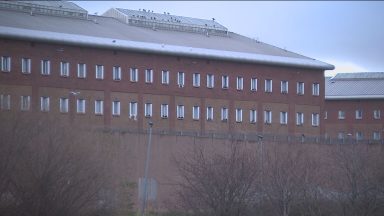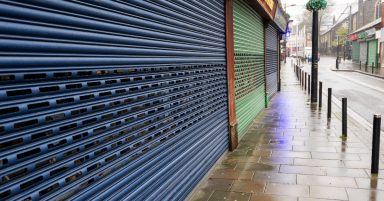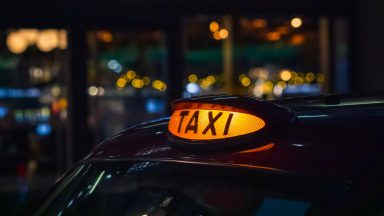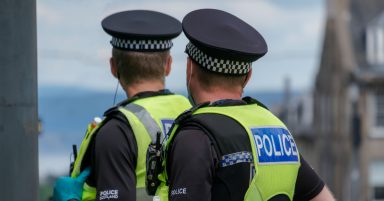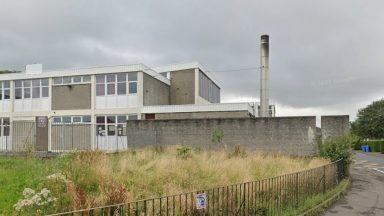People living in the most deprived areas of Scotland are 12 times more likely to receive coronavirus-related fines than those in the least deprived, according to research.
Almost a third of all fixed penalty notices (FPNs) for breaking lockdown rules were issued to people living in the 10% most deprived communities, a study by Edinburgh University found.
Professor Susan McVie, from the university, found that 4328 notices were issued in total in Scotland between March 27 and May 31.
Police Scotland were given emergency powers to help deal enforce the lockdown, including fines and the ability to use “reasonable force” to return people home.
Most recently, the First Minister has announced officers will get the authority to break up house parties.
Prof McVie said: “The disparity in the likelihood of receiving an FPN for breaching the coronavirus regulations among those in the most and the least deprived communities of Scotland is startling.
“This report highlights the possibility that there may have been justice inequalities, in terms of who has been subject to enforcement and the drivers of their non-compliance.”
The data also showed that FPNs rose sharply at the start of lockdown, with a few repeat breaches.
Penalties were also more likely to be issued to men, young people and people from white backgrounds.
However, FPNs issued to black, Asian and minority ethnic backgrounds and non-British nationals were also slightly higher than the general population.
Four out of five who received a penalty notice had already come to the attention of the police in the past.
The Greater Glasgow area had the most FPNs, but as a proportion of the population, more were issued in Argyll and West Dunbartonshire.
This was mainly due to people visiting Loch Lomond and the Trossachs National Park, the research found.
Prof McVie said that while the rate of FPNs issued in Scotland appears higher than that for England and Wales, the datasets are not comparable.
Deputy chief constable Will Kerr said: “We know lockdown has not affected everybody in the same way and it is a concern that those from our most deprived areas have found it more difficult to comply with highly restrictive measures.
“Deprivation is a complex challenge and policing has an important contributory role to improving outcomes for all of Scotland’s communities and citizens.
“We are acutely aware of our responsibility to exercise these extraordinary powers with the consent of the public.
“That is why the chief constable commissioned independent, expert, assurance led by leading human rights lawyer John Scott QC.
“We will continue to work with Mr Scott and his group to better understand the effect of the emergency legislation in our communities, and help us to discharge our duties consistently and fairly.”
Follow STV News on WhatsApp
Scan the QR code on your mobile device for all the latest news from around the country










